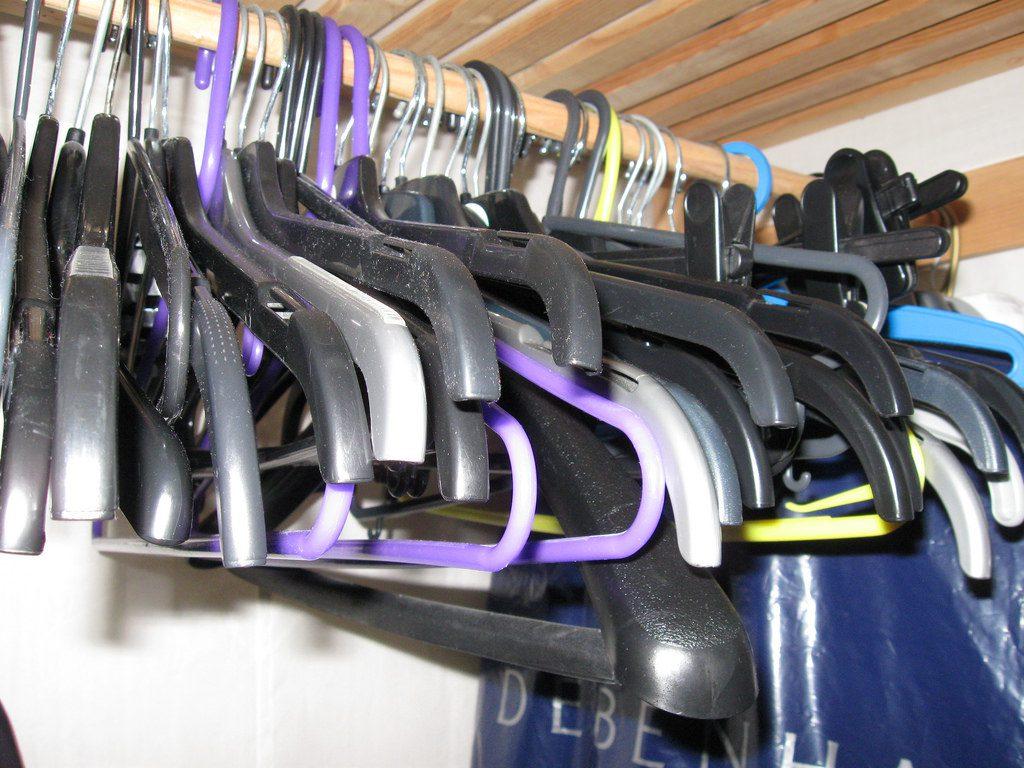
Nick Bryant went close to saying, ‘The emperor has no clothes!’ in his recent Lowy Interpreter article on rethinking of the value proposition of e-diplomacy. Appropriately, the post came to me via my Twitter feed while we were in Vienna running a cyber workshop for states in the Organization for Security and Co-operation in Europe, but that means I’m only just now getting the chance to respond.
I’d agree with many of the problems Nick highlights of diplomats using Twitter. @realdonaldtrump’s Tweets can be so defeating of Western interests that almost anything that stopped him from accessing his smartphone would seem worth it. The EU president making the rookie error of picking a side in a foreign election was problematic, and the UK ambassador’s posting of a picture of himself as a robot impersonator standing beside President Obama created a bad media day for the UK’s efforts to rebrand itself as hip.
But I’d argue that those examples blame the tool rather than the user. President Trump is hardly transformed into a nuanced global strategist at high-level diplomatic summits. Nor is it likely that he does much less damage in person as he pursues his apparent singular objective of breaking other leaders’ hands. As for EU President Donald Tusk, he should have known better: leaders everywhere know that it’s foolhardy to pick a winner in the lead-up to another nation’s election, whether it’s on Twitter or TV.
This is not to say Twiplomacy is on course. As Damien Spry documented here on The Strategist recently, the desire to seem 21st century has driven our own Department of Foreign Affairs and Trade to boost its apparent Facebook followings (most likely using click farms*). That sort of untargeted promotion undermines public diplomacy objectives, makes it harder to reach the intended audience, and wastes taxpayer funds.
But a failure to use online tools well doesn’t mean we should, or can, give up. Like Nick, I don’t get any joy from seeing diplomacy coarsened, but walking away won’t help. As Russia sharpens its efforts to undermine confidence in Western elections, silencing diplomats wouldn’t help anyone but the Kremlin. As Trump himself has shown, in the 21st century it pays to have your own communication channel where you can speak unfiltered to friends and foes. With every technological revolution, the distance between policymakers and the public has narrowed. And with artificial intelligence coming, we’re not even close to being done. Diplomats need to function effortlessly in the world we actually live in.
So what’s going wrong and could it be changed? Here are three thoughts.
First, there often appears to be a lack of strategic thinking behind the use of digital tools. Social media and other tools are only worth using if they help achieve an objective. There are multiple objectives those tools could help DFAT achieve (like communicating with Australians during a crisis, or building local support for a particular diplomatic objective in a country). More focus on goals could help.
Second, and related to the first, foreign ministries in many countries appear to be going through something of an identity crisis, unsure of their roles in a world where everyone is engaged in international relations. In this transition period, many fall back on the crutch of claiming that they’re ‘pursuing the national interest’, but read an annual report to find out what those interests might be and you’ll be left perplexed. Without clarity of purpose it can be hard to pursue public-facing objectives.
Third, we need to think beyond Twitter and Facebook. Digital diplomacy isn’t just about public messaging using two major platforms. To paraphrase former Secretary of State John Kerry, digital diplomacy is just doing diplomacy. Diplomats should be using the tools that help them most effectively do their jobs in today’s world. Twitter is one tool; robots, AI and big data are going to be helpful too.
The adoption of technologies by foreign ministries and leaders hasn’t always been pretty, but the revolution has only just begun. The emperor doesn’t have many clothes, but he needs to get dressed.
* Clarification: While DFAT’s anomalous Facebook followers likely come from click farms exploiting paid promotion campaigns, DFAT has clarified that click farms were not used intentionally.